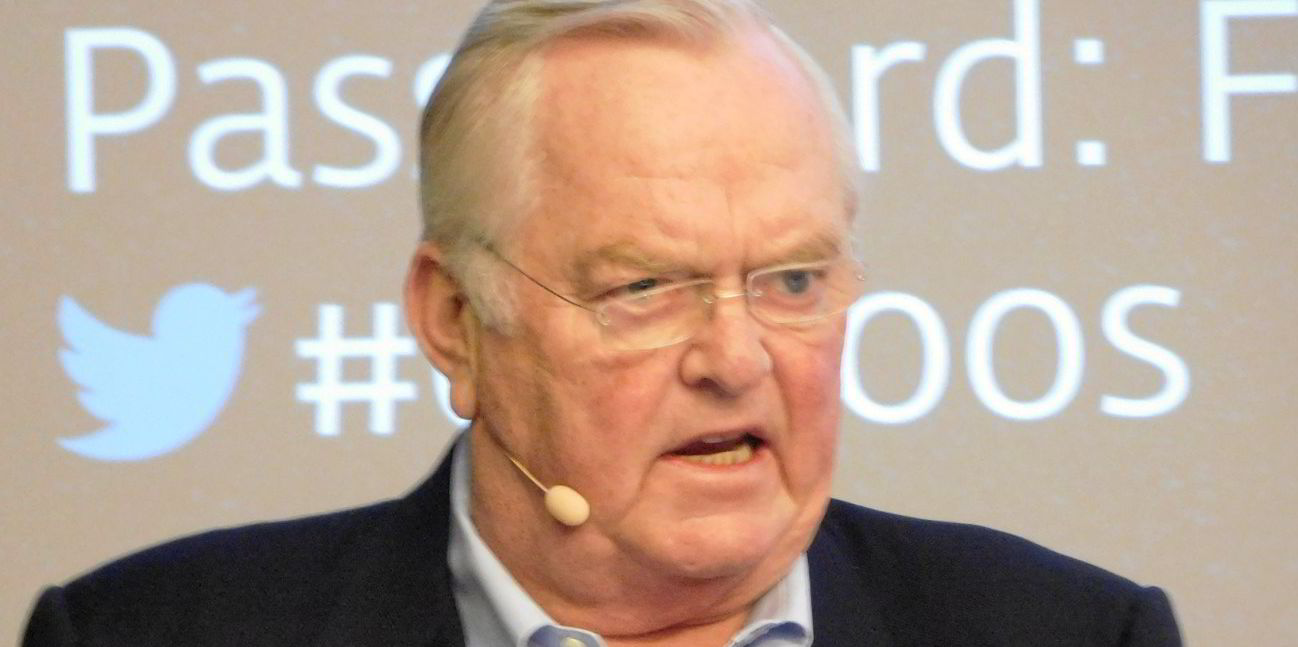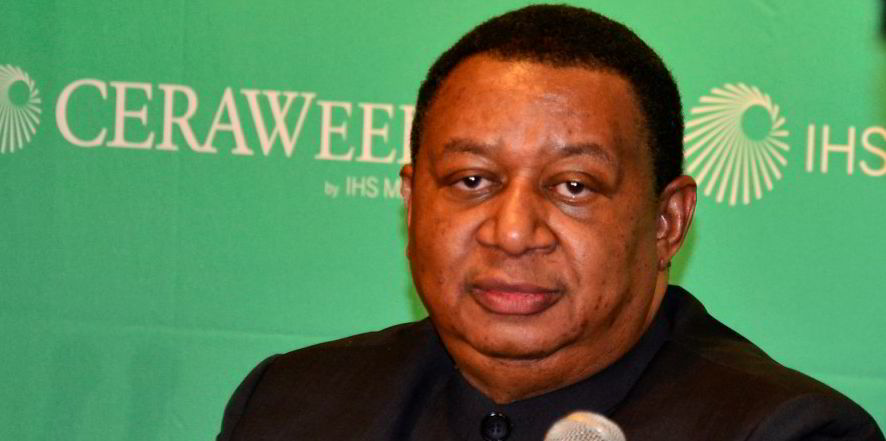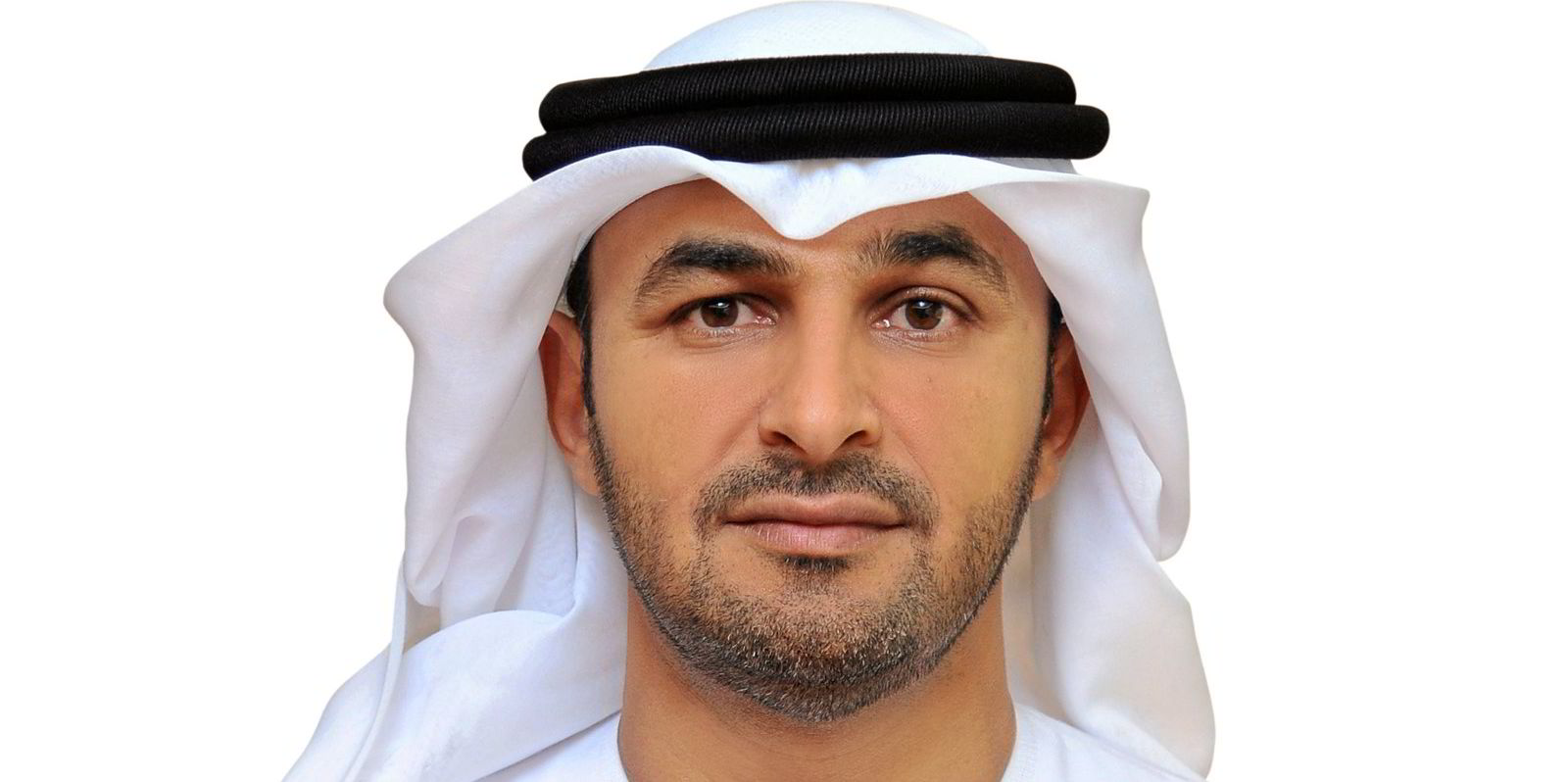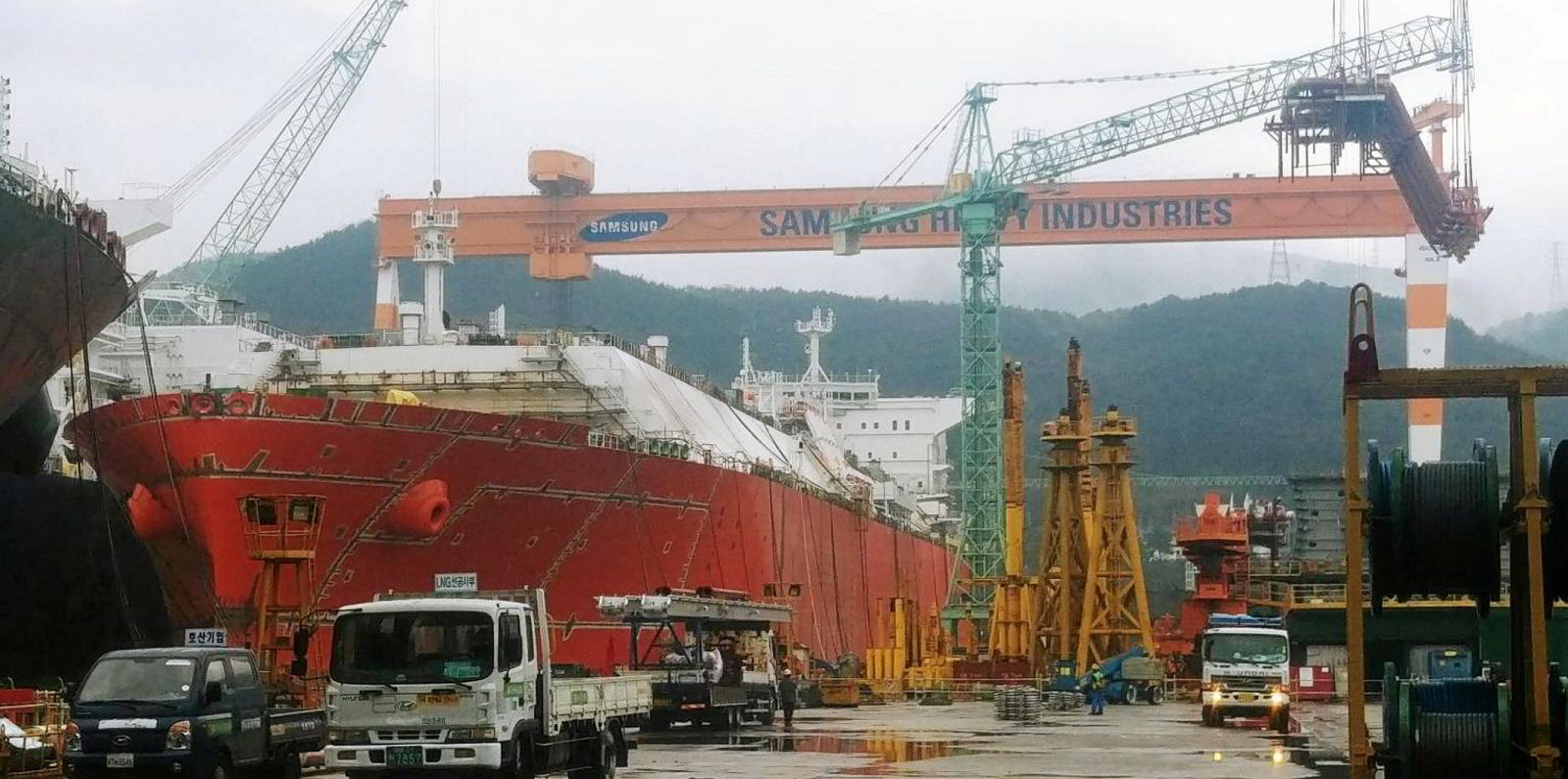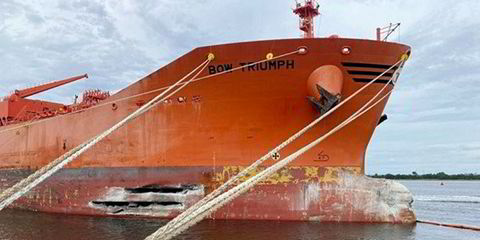A weak fourth quarter has not dampened Nordic American Tankers (NAT)'s expectations for the suezmax market.
The Herbjorn Hansson-led company said in its earnings release that the Covid-19 pandemic has delayed the expected strength in the tanker market by "months and not years".
It posted a $28.7m loss, or a $0.19 loss per share — $0.02 lower than the analyst consensus and a reversal of the $21.5m profit posted for the fourth quarter of 2019.
The New York-listed company, which owns 25 suezmaxes, reported a full-year profit of $50m versus 2019's $10.3m loss.
"The lockdowns around the world [have] led to pent-up demand for many goods and services that will flourish once the vaccination program gains momentum this year," NAT said.
"The demand will, unlike wars and financial crisis, be met by an unharmed physical and financial infrastructure that is ready to deliver on all cylinders. With oil being an essential fuel and raw material in delivering welfare and improved standard of living to millions of people around the world, this is good news for the tanker market."
Many observers expect tanker owners to have to wait until the second half of 2021 before the market improves on a small orderbook and increased oil demand amid mass vaccination programmes.
As for NAT, it sees recent improvements in Asian economies "boding well for the world economy and the tanker markets going forward".
During the quarter, the company issued roughly 985,000 shares to raise $3.1m as part of a $40m at-the-market offering plan. The programme, which was established in 2019, is now fully utilised.
It also took out $30m from Beal Bank under a $306m credit facility.
NAT issued a $0.02 dividend for its 151m shares, keeping up its streak of 94 consecutive quarters with a payout for shareholders.
In a note, Evercore analyst Jonathan Chappell maintained his "underperform" rating and said any second-quarter dividend would come from equity proceeds or the debt the company had already drawn.
He raised his price target to $2.50 from $2 in expectation of an upturn in the market later this year.
"In the end, the tanker market is terrible (despite management insistence otherwise), and [NAT's] decision to subsidise its dividend with new debt and equity is certainly playing the long game (maintaining the dividend avoids a potential retail investor exodus) at the expense of near-term dilution," Chappell wrote.
